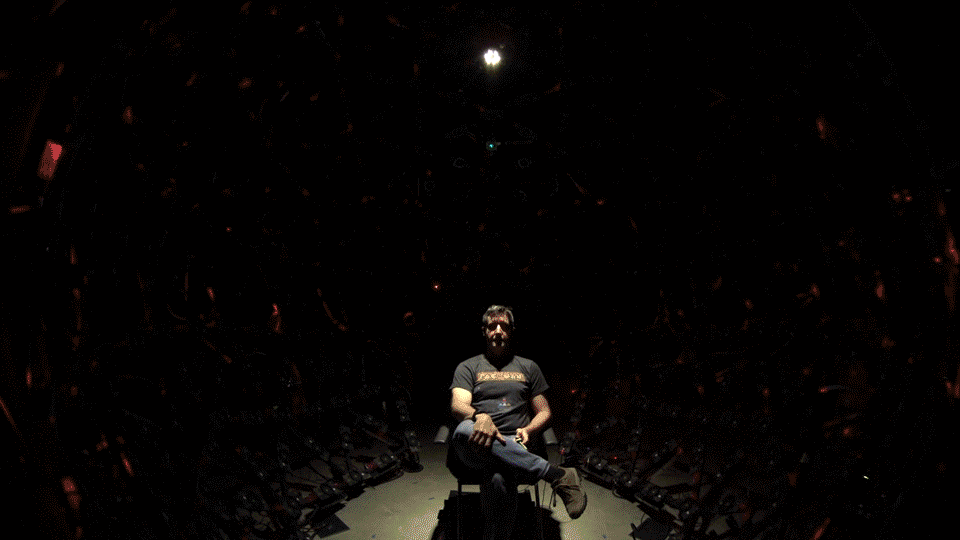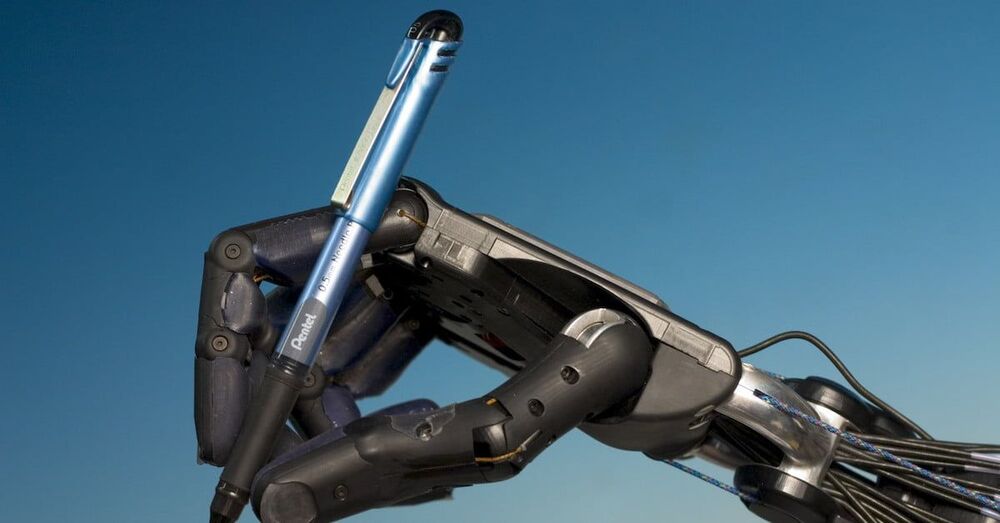A team of researchers from MIT and Intel have created an algorithm that can create algorithms. In the long term, that could radically change the role of software developers.



Recently, Google introduced Portrait Light, a feature on its Pixel phones that can be used to enhance portraits by adding an external light source not present at the time the photo was taken. In a new blog post, Google explains how they made this possible.
In their post, engineers at Google Research note that professional photographers discovered long ago that the best way to make people look their best in portraits is by using secondary flash devices that are not attached to the camera. Such flash devices can be situated by the photographer prior to photographing a subject by taking into account the direction their face is pointing, other light available, skin tone and other factors. Google has attempted to capture those factors with its new portrait-enhancing software. The system does not require the camera phone operator to use another light source. Instead, the software simply pretends that there was another light source all along, and then allows the user to determine the most flattering configuration for the subject.
The engineers explain they achieved this feat using two algorithms. The first, which they call automatic directional light placement, places synthetic light into the scene as a professional photographer would. The second algorithm is called synthetic post-capture relighting. It allows for repositioning the light after the fact in a realistic and natural-looking way.
Put a robot in a tightly-controlled environment and it can quickly surpass human performance at complex tasks, from building cars to playing table tennis. But throw these machines a curve ball and they’re in trouble—just check out this compilation of some of the world’s most advanced robots coming unstuck in the face of notoriously challenging obstacles like sand, steps, and doorways.
The reason robots tend to be so fragile is that the algorithms that control them are often manually designed. If they encounter a situation the designer didn’t think of, which is almost inevitable in the chaotic real world, then they simply don’t have the tools to react.
Rapid advances in AI have provided a potential workaround by letting robots learn how to carry out tasks instead of relying on hand-coded instructions. A particularly promising approach is deep reinforcement learning, where the robot interacts with its environment through a process of trial-and-error and is rewarded for carrying out the correct actions. Over many repetitions it can use this feedback to learn how to accomplish the task at hand.
Microsoft’s new write-once storage medium is constructed from quartz glass, stores data using lasers, and uses machine learning algorithms for decoding.

The security company FireEye was breached by a sophisticated attack that stole multiple red team assessment tools. Malwarebytes customers are safe.
Hello folks! If you have not heard yet, the security firm FireEye has had a breach of many red team assessment tools used for identification of vulnerabilities to help protect customers.
While it is not known exactly who was behind this attack, a big concern is the sharing and use of these stolen red team tools by both sophisticated and non-sophisticated actors, similar to what we saw in 2017 with the ShadowBrokers group breach of the NSA’s Equation Group.
Dr. Carolina Reis Oliveria, is the CEO and Co-Founder of OneSkin Technologies, a biotechnology platform dedicated to exploring longevity science.
Carolina holds her Ph.D. in Immunology at the Federal University of Minas Gerais, in collaboration with the Rutgers University, where she conducted research with pluripotent stem cells as a source of retinal pigmented epithelium (RPE) cells, as well as the potential of RPE-stem cells derived as toxicological models for screening of new drugs with intra-ocular applications.
She founded a company called CELLSEQ solutions in Brazil which develops tools to revolutionize the safety and toxicology assays performed by pharmaceutical, cosmetic, agro-chemical and food industries, with technology based on stem cells and big data analysis.
She is an alumnus of IndieBio, the world’s leading biotechnology accelerator.
In 2016, Carolina relocated to Silicon Valley from Latin America to co-found OneSkin, and to lead the development of the company’s technologies.


Imagine an algorithm that reviews thousands of financial transactions every second and flags the fraudulent ones. This is something that has become possible thanks to advances in artificial intelligence in recent years, and it is a very attractive value proposition for banks that are flooded with huge amounts of daily transactions and a growing challenge of fighting financial crime, money laundering, financing of terrorism, and corruption.
The benefits of artificial intelligence, however, are not completely free. Companies that use AI to detect and prevent crime also deal with new challenges, such as algorithmic bias, a problem that happens when an AI algorithm causes systemic disadvantage for a group of a specific gender, ethnicity, or religion. In past years, algorithmic bias that hasn’t been well-controlled has damaged the reputation of the companies using it. It’s incredibly important to always be alert to the existence of such bias.
For instance, in 2019, the algorithm running Apple’s credit card was found to be biased against women, which caused a PR backlash against the company. In 2018, Amazon had to shut down an AI-powered hiring tool that also showed bias against women.
Over the past decade or so, roboticists and computer scientists have tried to use reinforcement learning (RL) approaches to train robots to efficiently navigate their environment and complete a variety of basic tasks. Building affordable robots that can support and manage the exploratory controls associated with RL algorithms, however, has so far proved to be fairly challenging.
Researchers at Aalto University and Ote Robotics have recently created RealAnt, a low-cost, four-legged robot that can effectively be used to test and implement RL algorithms. The new robotics platform, presented in a paper pre-published on arXiv, is a minimalistic and affordable real-world version of the ‘Ant’ robot simulation environment, which is often used in RL research.
“The initial inspirations for our work were RL studies that successfully demonstrated learning to walk from scratch on ant-like quadruped and humanoid robot simulations,” Jussi Sainio, co-founder of Ote Robotics, told Tech Xplore. “The underlying premise with RL algorithms is that programming a robot to do tasks becomes much easier and more ‘natural’—one just needs to define the available sensor measurements, motor actions, then set a target goal and plug them all into a reinforcement learning algorithm, which figures out the rest.”

Remember when the idea of a robotic hand was a clunky mitt that could do little more than crush things in its iron grip? Well, such clichés should be banished for good based on some impressive work coming out of the WMG department at the U.K.’s University of Warwick.
If the research lives up to its potential, robot hands could pretty soon be every bit as nimble as their flesh-and-blood counterparts. And it’s all thanks to some impressive simulation-based training, new A.I. algorithms, and the Shadow Robot Dexterous Hand created by the U.K.-based Shadow Robot Company (which Digital Trends has covered in detail before.)
Researchers at WMG Warwick have developed algorithms that can imbue the Dexterous Hand with impressive manipulation capabilities, enabling two robot hands to throw objects to one another or spin a pen around between their fingers.